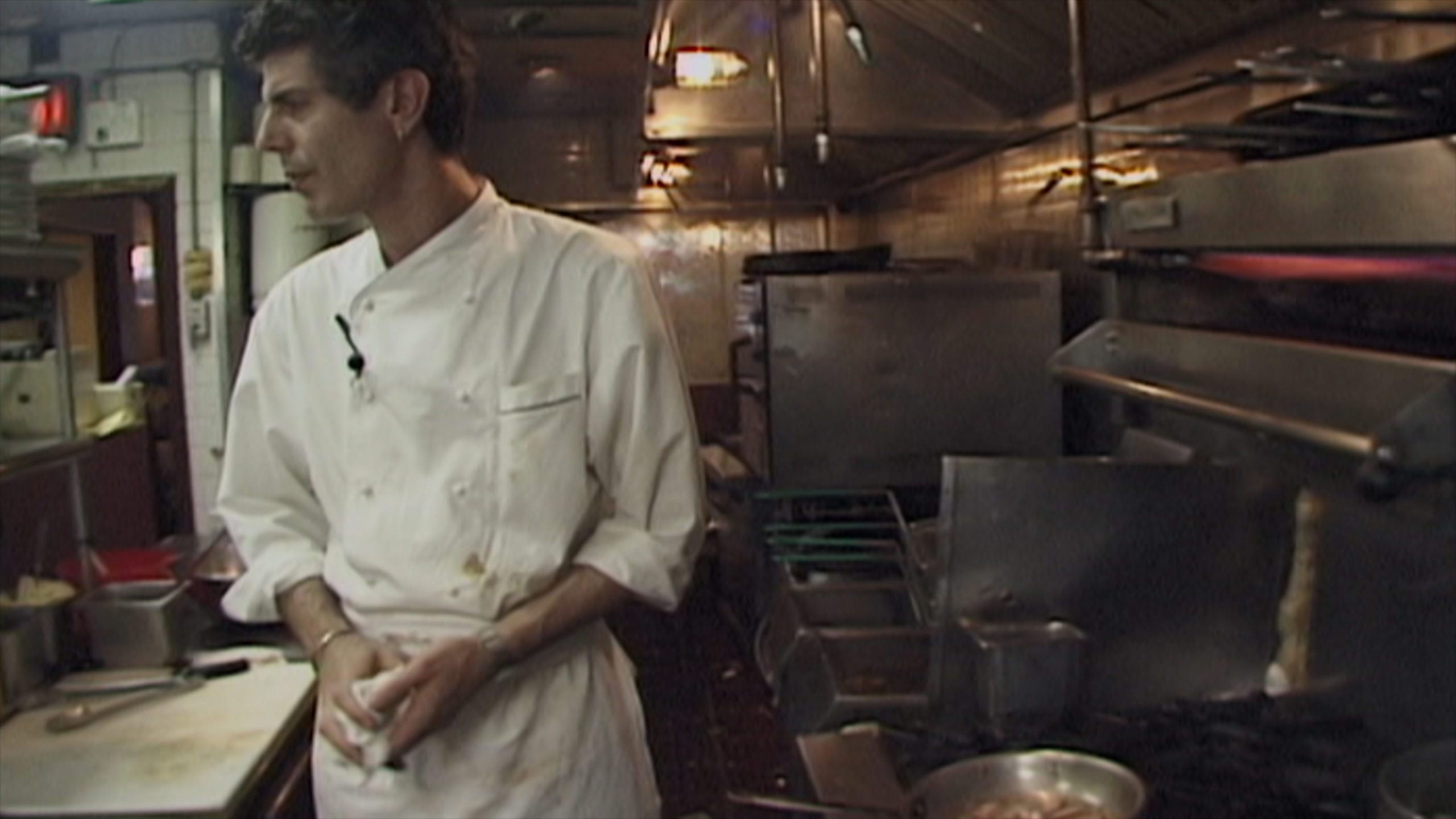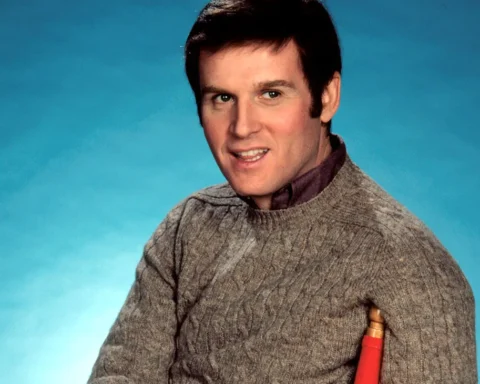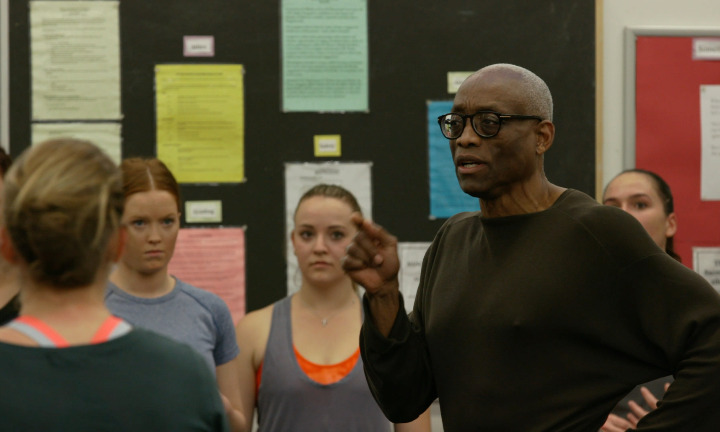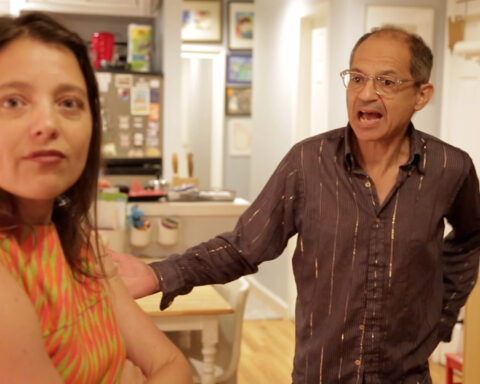Why did he do it? Anthony Bourdain, the celebrity chef, brilliant memoirist and charismatic TV essayist took his own life on June 8, 2018. Tall, thin, sardonically funny, downbeat handsome in a way that women love and men appreciate, Bourdain seemed to have it all. Over a period of 20 years, he’d come a long way from being a highly regarded chef at the chic Manhattan steak house Les Halles to the bestselling writer of Kitchen Confidential to a high-ranking personality on CNN. What was brilliant throughout his life was the man’s style: tough, passionate, analytical with a nose always for the story. Not only had he excelled in any style or genre he pursued, Bourdain found a way to make them his own—and found a public eager to endorse him in every endeavour. And yet, he chose to end it all.
Morgan Neville, the Oscar-winning director of 20 Feet from Stardom, whose back-up singers to superstars were encouraged to tell us their lives, and Won’t You be my Neighbor?, which concentrated far more on Mr. Rogers’ philosophy than his life, may be the perfect person to compassionately engage with the complex personality of Anthony Bourdain. Working with CNN, Bourdain’s last broadcaster, Neville was able to access a plethora of material ranging from press coverage and interviews when Kitchen Confidential launched the comparatively naïve author to stardom to footage of A Cook’s Tour, the TV series where the writer turned into a confident host to No Reservations and Parts Unknown, the shows that often became essays of cultural, not just culinary, magnitude. Rather controversially, Neville also used old footage of sounds and images to create, via computer technology, statements about his life and death that Bourdain never made.
In the film, we’re allowed into Bourdain’s inner circle including chefs David Chang and Eric Ripert, musicians Allisson Mosshart and Jamie Hince of The Kills, Iggy Pop, and Josh Homme, and the artist David Cheo. For the doc, it was imperative to have the cooperation of Bourdain’s producers Lydia Tenaglia and Chris Collins, who helped him to come up with his swaggering yet insightful television persona and were there every step of the way as he grew to become a major media personality. Even his second wife, the remarkable Ottavia Busia, who challenged Bourdain and bore a daughter whom he doted upon, offers up stories of their romantic lives together.
So the story is told of the well-loved Bourdain, un homme des peuples (a man of the people, a phrase that evokes his humanity and French ancestry), who somehow gave up on himself and those who loved him. Grafitti artist David Cheo was so devastated that he didn’t cut his hair and beard for over two years. Everybody interviewed is still upset over Bourdain’s demise. His mother was shocked, as was Ottavia. Asia Argento, his last love, the movie star and director whose rape by Harvey Weinstein spurred on the #MeToo movement and was embraced by Bourdain, could easily be palmed off as the motivation for the suicide.
But nobody wants to blame this tragedy on Argento or, by proxy, Weinstein. Suicide is the great imponderable. Why did he do it? An ex-junkie, hooked on food, sex and travel, perhaps Bourdain couldn’t see anything interesting anymore in pursuing pleasure. Maybe the best of everything isn’t enough if you don’t care at all. Or if you’ve run out of energy and passion. When that happens, brother, it’s time to go.
Kudos to Morgan Neville, who poses more questions than he answers. Bo Diddley, the legendary rocker, wrote in the song Roadrunner, “you said you’re fast but it don’t look like you gonna last.” I’m afraid that he was right about the immensely gifted Anthony Bourdain. We’ll never know why but we’ll miss him. And we’ll enjoy the Neville doc that tries to answer the mystery that ends Anthony Bourdain’s story.
Roadrunner is now playing in theatres.
For a second take on the film, read Pat Mullen’s review.














